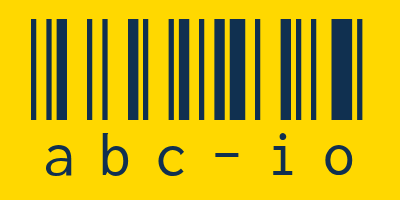OpenAI may be reversing course on how it approaches copyright and intellectual property in its new video app Sora.
Prior to Sora’s launch this week, The Wall Street Journal reported that OpenAI had been telling Hollywood studios and agencies that they needed to explicitly opt out if they didn’t want their IP to be included in Sora-generated videos.
Despite being invite-only, the app quickly climbed to the top of the App Store charts. Sora’s most distinctive feature may be its “cameos,” where users can upload their biometric data to see their digital likeness featured in AI-generated videos.
At the same time, users also seem to delight in flouting copyright laws by creating videos with popular, studio-owned characters. In some cases, those characters might even criticize the company’s approach to copyright, for example in videos where Pikachu and SpongeBob interact with deepfakes of OpenAI CEO Sam Altman.
In a blog post published Friday, Altman said the company is already planning two changes to Sora, first by giving copyright holders “more granular control over generation of characters, similar to the opt-in model for likeness but with additional controls.”
The key word here appears to be “opt-in,” suggesting that OpenAI will stop users from creating videos with copyrighted characters unless studios and others rightsholders have actually given Sora permission to do so.
“We are hearing from a lot of rightsholders who are very excited for this new kind of ‘interactive fan fiction’ and think this new kind of engagement will accrue a lot of value to them, but want the ability to specify how their characters can be used (including not at all),” Altman said.
Techcrunch event
San Francisco
|
October 27-29, 2025
Even with this new approach, Altman acknowledged there are likely to be “some edge cases of generations that get through that shouldn’t.”
The second change he mentioned is some unspecified form of video monetization. The company previously said its only plan for monetization was to charge users to create extra videos during periods of high demand, and Altman’s blog post seems to elaborate on that idea by acknowledging “we are going to have to somehow make money for video generation.” He also suggesting the revenue could be shared with rightsholders.
“Our hope is that the new kind of engagement is even more valuable than the revenue share, but of course we … want both to be valuable.”











Add Comment